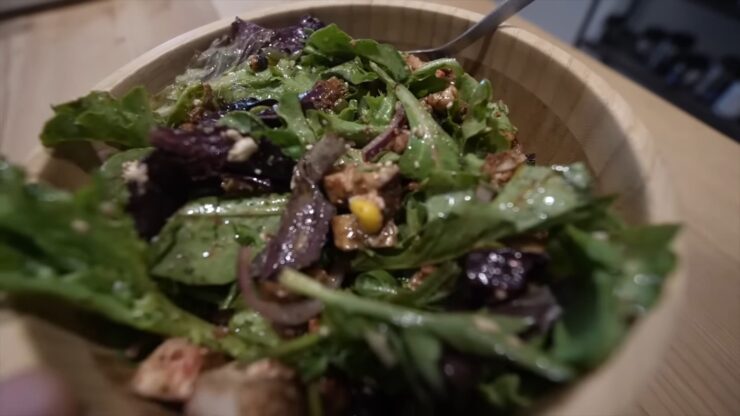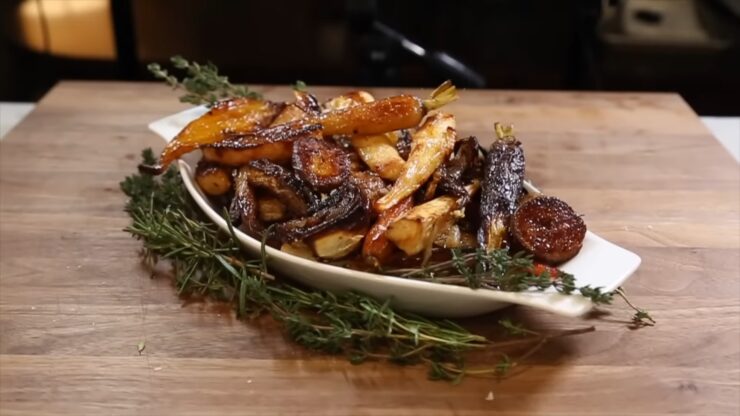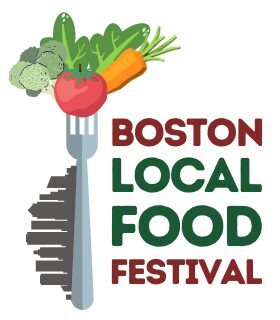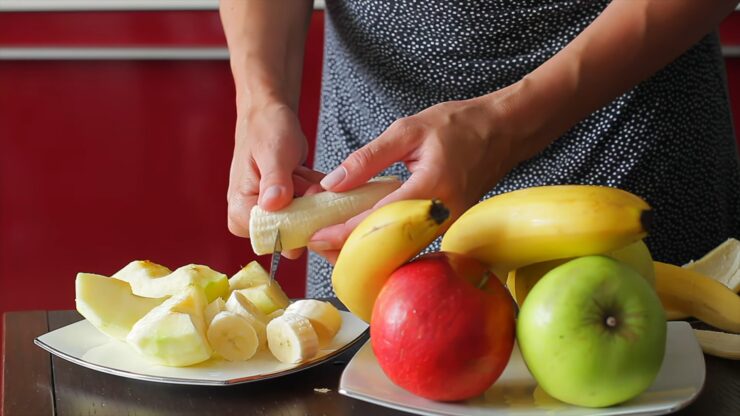Welcome to the intricate world of sports nutrition, where the fuel we choose directly influences athletic prowess. Here, meals are more than just satisfying hunger—they are meticulously designed to power, replenish, and optimize the human body for peak performance.
Aspiring sports nutrition experts must master the art of curating diets that cater to the rigorous demands of athletes. In this comprehensive blog post, we will embark on a culinary voyage, offering tips to shape your expertise in athlete-focused meals. Prepare to dive into a narrative that melds the science of nutrition with the art of cooking.
The Role of Nutrition in Athletic Performance

Nutrition is the cornerstone of athletic performance. A meticulously crafted diet can be the difference between a podium finish and a mid-pack performance. It’s about precision; a well-balanced diet fine-tunes the body, maximizing endurance, strength, and recovery.
Nutrients are the building blocks of physical prowess, providing the energy for training sessions and the materials for muscle repair. Understanding the alchemy of nutrition allows us to unlock the full potential of athletes, turning food into fuel for success.
Understanding Macronutrients for Athletes
Athletes’ engines are fueled by three primary macronutrients: carbohydrates, proteins, and fats. Carbohydrates are the primary source of quick energy, crucial for high-intensity performers.
Check it out, proteins are the artisans of recovery, repairing and building muscle tissue post-exertion. Fats, often underestimated, are vital for long-term energy and hormone regulation. Each macronutrient plays a unique role in an athlete’s diet, and striking the right balance is critical for sustained performance and optimal recovery.
Planning Athlete-Focused Meals

Designing meals for athletes is like composing a symphony; each element must harmonize with the others. Balance and variety are the conductors of this orchestra, ensuring that athletes receive all the necessary nutrients to perform and recover.
Meals must be rich in vitamins and minerals, diverse in color and texture, and tailored to the energy demands of the athlete’s specific sport. Aspiring sports nutrition experts should also account for the timing of nutrient intake to align with training schedules for maximal benefit.
Pre-Workout Nutrition
The pre-workout meal is the prelude to an athlete’s performance. It should provide a steady stream of energy without causing digestive distress. Foods rich in complex carbohydrates, moderate in protein, and low in fat and fiber can deliver sustained energy.
Examples include oatmeal with fruit, a turkey and avocado wrap, or a smoothie made with Greek yogurt and berries. Timing is also critical—eating too close to performance time can lead to discomfort, while eating too early may leave the athlete depleted of energy.
Post-Workout Recovery

The post-workout phase is a critical window for recovery. This is when the body seeks to replenish its glycogen stores and repair muscle fibers. Ideal post-workout nutrition consists of a blend of carbohydrates to refuel energy reserves and protein to aid in muscle repair.
A chocolate milk, a quinoa and chicken bowl, or a peanut butter and banana sandwich are excellent choices. These meals and snacks can expedite recovery, reduce muscle soreness, and prepare the body for the next round of physical activity.
Hydration Strategies
Hydration is a linchpin in sports performance, as even mild dehydration can impede an athlete’s abilities. Maintaining optimal fluid levels is essential, and hydration strategies extend beyond water intake.
Sports nutrition experts should advise athletes on the importance of electrolytes, which can be lost through sweat, and provide guidance on replenishing these vital nutrients. Drinking fluids regularly throughout the day, as well as before, during, and after exercise, is fundamental to keeping hydration in check.
Incorporating Superfoods
Superfoods are the secret weapons in an athlete’s diet, packed with antioxidants, vitamins, and minerals. Incorporating items like berries, nuts, seeds, leafy greens, and fatty fish can elevate a meal’s nutritional profile.
These nutrient-dense choices help combat inflammation, support immune function, and enhance overall health. They can be woven into meals in various forms, such as a spinach salad topped with salmon and almonds, a berry smoothie, or oatmeal sprinkled with chia seeds.
Meal Timing and Frequency
The timing and frequency of meals can dictate an athlete’s energy levels and recovery. Eating small, frequent meals throughout the day ensures a constant energy supply and aids in nutrient absorption.
A sample schedule might include a hearty breakfast, a mid-morning snack, a balanced lunch, a pre-workout meal, post-workout refueling, and a nutritious dinner. Adjusting this template to fit the intensity and timing of training sessions is crucial for peak performance.
Cooking Techniques for Athlete-Focused Meals

Crafting meals for athletes goes beyond selecting high-quality, nutrient-dense ingredients; it’s also about how to cook them in ways that optimize nutrient retention and taste. Techniques like grilling, roasting, and steaming are excellent for preserving the integrity of nutrients and enhancing natural flavors without adding unnecessary fats.
For instance, grilling chicken or fish on a high heat can sear in juices, roasting root vegetables can caramelize their natural sugars to deepen flavor, and steaming greens helps retain their vibrant color and vitamins. Moreover, using herbs and spices instead of excessive oils, salts, and sugars is crucial in creating healthful, performance-driven meals that are as delicious as they are nourishing.
Special Dietary Considerations
Athletes with specific dietary restrictions or preferences such as vegetarian, gluten-free, or lactose-intolerant diets, present unique challenges for sports nutrition experts. It requires a blend of creativity and sensitivity to develop meals that are both compliant and nutritionally adequate.
Plant-based proteins like lentils or quinoa, gluten-free grains like buckwheat or amaranth, and lactose-free dairy alternatives such as almond milk or soy yogurt can be excellent substitutes.
An informed approach to these alternatives, ensuring they provide the essential nutrients without compromise, is key. Sports nutritionists should strive to offer personalized meal ideas that cater to these dietary constraints, so each athlete can maintain peak performance and optimal health.
Conclusion and Resources
Embarking on the journey to becoming a sports nutrition expert is as thrilling as it is demanding. This blog post has laid the groundwork for understanding and creating athlete-focused meals. For those eager to delve deeper, the exploration should not stop here.
Seek out reputable resources like sports nutrition textbooks, peer-reviewed journals, certified online courses, and workshops led by experienced professionals. Your path to expertise is paved with knowledge, practice, and a passion for the power of food in athletic achievement. Happy cooking, and even happier learning!

